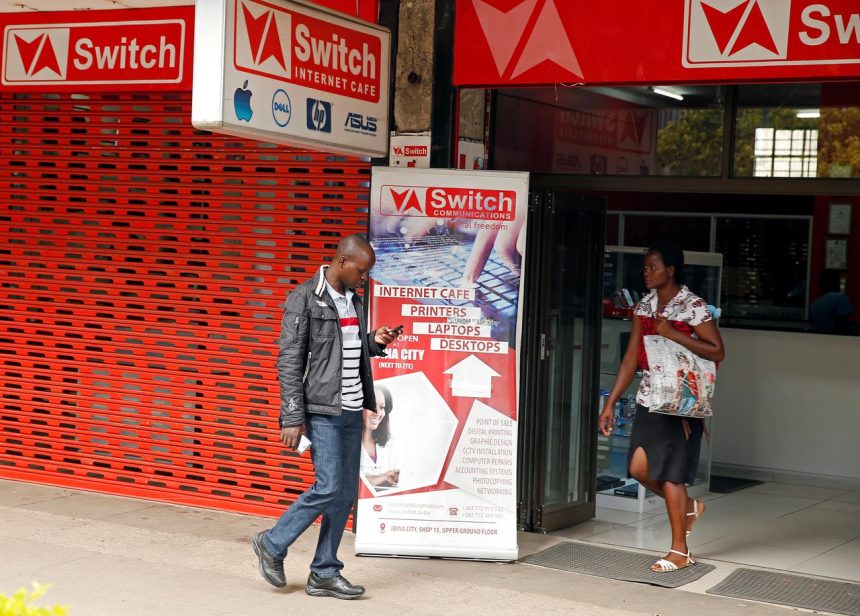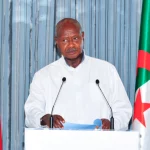Zimbabwe’s online users are experiencing slowed internet as the country’s service providers restricted access, a cybersecurity firm said on Wednesday.
According to SurfShark, a Dutch provider of virtual private networks, Zimbabwe joined 18 other African countries to have restricted internet access at key moments this year.
The firm’s Internet Shutdown Tracker: https://surfshark.com/research/internet-censorship, showed speeds have been muzzled ahead of elections and remained so on Wednesday with some websites critical of the preparations also remaining inaccessible.
“The internet stands as an indispensable component of democratic elections, enabling individuals to readily access information from diverse sources, engage in meaningful discussions with friends and family, and cultivate impartial viewpoints. However, in instances where the internet is either fully shut down or just restricted, the integrity of the election process is put in jeopardy”, said Gabriele Racaityte-Krasauske, Surfshark spokeswoman.
Zimbabwe has restricted internet before but most of the past curtails were during anti-government protests. It is the first time it has done so on voting day. Zambia, Congo, and Uganda did so in the past.
On Wednesday, some 6.6 million voters were expected to cast their ballots in a bid to elect a president, MPs, councilors and senators. But the local Human Rights NGO Forum said its observers had witnessed incidents of voter intimidation, delayed opening of ballot boxes and various forms of malpractices.
And opposition CCC, Citizens Coalition for Change, party claimed voters were being subjected to propaganda including flyers falsely alerting voters not to turn up and vote. One such flyer strewn in the capital Harare warned that the election had already been ‘stolen’ and asked voters not to vote.
“The Citizens already know these flyers are fake and they aren’t going to be hoodwinked by that, and we thank them for their vigilance.
“If you see a flyer saying any other thing than saying go out and vote, please ignore it. It is a fake flyer,” said Fadzayi Mahere, the spokeswoman of the Citizens Coalition for Change (CCC).
The NGO Forum said it had identified as many as six forms of malpractices including delayed opening of stations, lack of a voters’ roll outside of polling stations, missing names of candidates on the ballot papers, intimidation of voters and confusion over naming of polling stations.
The election results are expected by Saturday this week. The electoral commission explained that delays and missing names may have occurred due to last-minute court decisions on who should be contesting.




